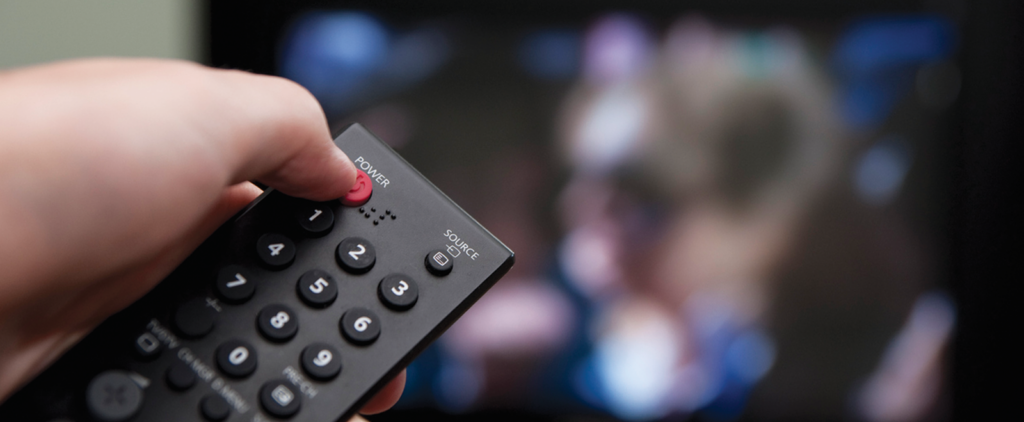BEST SLEEP HYGIENE PRACTICES

Good sleep is one of those commodities you don’t realize how good it was until it is gone. I have often said that the youth is wasted on the young for this main reason.
I remember as a child how easy it was to fall asleep and stay asleep. However, as I age, I’ve noticed that there are far more challenges in not only falling asleep quickly, but most definitely, staying asleep through the night. It may not necessarily be limited by pain, but more often or not by the need to urinate or just simply because my mind will not shut off once I’ve been woken up.
Over time, not getting enough sleep can affect all areas of your life including causing anxiety and depression, lack of motivation and drive to be productive, weight gain, diabetes, high blood pressure, heart disease, and a weakened immune system.
If you find yourself lacking good quality sleep, here are some practical tips on good sleep hygiene practices that will help you not only fall asleep faster, but also stay asleep longer.
- Maintain a regular wake and sleep pattern. Try to go to bed at the same time every night and try to get the same amount of sleep each night. Most adults require 6-8 hours of sleep. Additionally, establish a regular bedtime routine to include reading, listening to calming music, taking a warm bath, relaxation/deep breathing/visual imagery/mindfulness exercises and or yoga prior to bed.
- Avoid naps during the day if you have difficulties sleeping at night or limit your naps to 20 minutes.
- Avoid stimulants such as caffeine, alcohol, nicotine at least 2-3 hours before bed. Avoid eating large meals close to bedtime. Allow 2-3 hours before eating and sleeping. If you wake up to urinate often try limiting your fluids to 3 hours before bedtime and practice complete bladder emptying techniques. (More on this will be addressed in the Incontinence blog coming up).
- Ensure adequate exposure to natural (outdoor) light. This helps maintain a healthy sleep-wake cycle.
- Make sure your sleeping environment is pleasant, relaxing, and clutter-free. Make sure it is quiet, cool but not cold (60-67 degrees), and dark. Use your bed only for sleep (and sexual activity). This will help you associate your bed with sleep and its other activities such as watching TV, talking on the phone, doing work activities, etc. You should definitely limit your screen time to 1 hour before bed.
- Last but not least, regular exercise can promote good sleep, however, avoid vigorous exercise close to bedtime. It may be best to exercise in the morning.
Make sure to consult your doctor about appropriate over the counter or prescription medications. Generally, most of my patients report better sleep by taking some Melatonin. There’s also a possibility that a sleep study may be warranted if you are getting enough sleep but still feel tired all the time.
Kintsugi Physical Therapy can get you moving and exercising for better sleep and energy putting you back on track for better function and well being.
More information can be found on http://www.sleepfoundation.org
